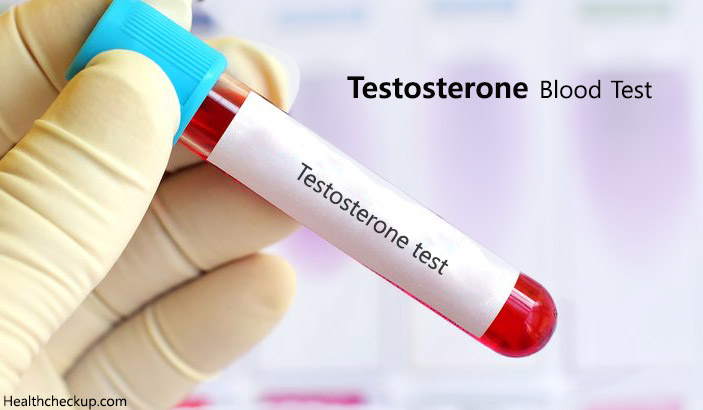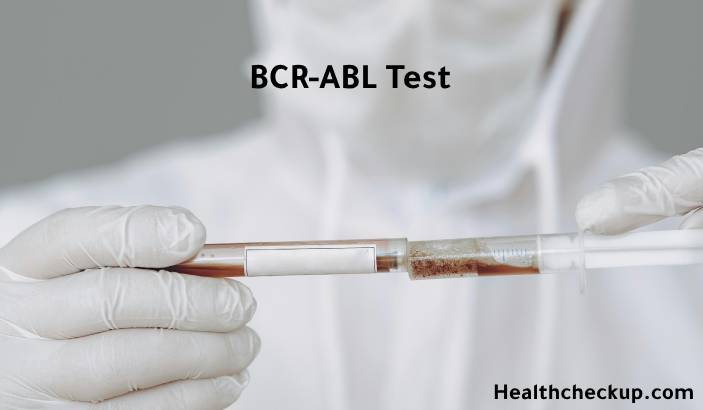Did you know that the testosterone hormone is associated with masculinity? Testosterone is particularly a male hormone that also can be produced by a woman in small amounts. Fewer testosterone hormones in the body can indicate health-related problems as well and can even cause to be a barrier to reproduction. So what is testosterone hormone required in?
Testosterone hormones are secreted by testicles in male and by ovaries in women. They are responsible for overall body traits such as the formation of hair in the body, strength and muscle mass as well as in reproduction. Men who have a lower level of this hormone have lesser masculine traits while if women have more testosterone in their body, they tend to have distinct male traits in themwhich are significantly visible. In order to know the level of testosterone in your body, you would need to conduct a testosterone blood test. In order to know what testosterone blood test is and what are the different procedures and preparation, you can read ahead.You can also get a testosterone blood test done if you feel that your testosterone levels are not within the normal range.
What is Your Normal Testosterone Level?
The normal level of testosterone for men is approximately 300 to 1,000 nanograms per deciliter, whereas for women it is somewhere between 15 and 70 nanograms per deciliter. Though there may be some minute differences, the normal levels some what remain the same. The levels usually decrease as you grow older or depending on your health conditions. After the age of 40 years, men’s testosterone levels decrease by at least 1% every year. Alcoholism and liver disease in males can reduce a great level of testosterone levels in men. Drugs, including androgens, can also decrease testosterone levels. Some of the symptoms of low testosterone in men signify
- Erectile dysfunction
- Hypogonadism
- Decreased sex drive
- Inability to conceive
- Tiredness and fatigue round the clock
Women who have too much of testosterone have more of facial hair growth as well as a more dominant male voice and decreased breast size. Too much testosterone can also give rise to acne. They also are the result of polycystic ovary syndrome which can also change your menstruation cycles as well.
Why is a Testosterone Blood Test Done?
Your doctor may order a testosterone blood test if he feels that a boy is a much more grown-up than usual before puberty or girls have a low level of sexual desire compared to their age. Again, girls who have masculine characteristics should be tested for higher levels of testosterone. This blood test may be performed on boys as well as girls to check for any kind of damaged testicles, ovaries, adrenal glands or pituitary gland. Testosterone levels can also help doctors to determine fertility or menstrual problems and sexual function.
How is the Testosterone Blood Test Preparation Performed?
The testosterone blood test preparation does not require anything special. These tests are usually performed in the early morning when testosterone levels are at the highest. The test is performed by drawing blood from the arm of the person involved. Certain drugs can have a bad effect on your testosterone levels and also can change the result of the testosterone level test. You should always inform your doctor about that medication before any kind of testosterone blood preparation. There are certain drugs that you need to stop taking before performing the testosterone blood preparation test. Certain medications that are likely to hinder the test are
- Steroids
- Estrogen therapy
- Anticonvulsants
- Barbiturates
- Clomiphene
The doctor may ask you to repeat the test that can track the changes in the hormone all through the day
The Testosterone Blood Test Procedure
So what is that testosterone blood test procedure like? Your doctor will help in cleaning the surface of your skin with a good antiseptic and then place an elastic band around your upper arm in order to apply pressure so that the veins swell well and they are easily seen. A long needle is inserted into the vein, and the blood will be drawn with a syringe and kept in a vial. After the blood is well drawn out, the elastic band is slowly removed, and the veins would return to normal. The area would be covered with cotton to stop bleeding Collection of blood only takes a few minutes time. Drawing blood is not very painful. You would just feel a small prick while the needle is inserted and depending on your skin there may or may not be a little black bruise which would disappear in a few days or so.
How can you Explain the Testosterone Blood Tests Results?
The testosterone blood test results can be understood after the reports are obtained. The blood sample is processed with the help of a machine, and the results are obtained in just a matter of few days.
Are there any types of Risk Factors Associated with the Testosterone Blood Tests?
The testosterone blood test is considered to be a very safe procedure however you cannot rule out risk factors during the test. Some risk factors can be associated while drawing of blood which includes
- Fainting or light headedness after drawing of blood
- Hematoma or accumulation of blood under the skin
- Pain that is associated with punctures with the needle to locate the vein.
Are the Testosterone Blood Tests Reliable?
Testosterone blood tests are considered reliable if they are done by an expert hand, and all proper rules and guidelines are followed during and after the tests that consider fasting before blood is drawn. This helps accurate reading of testosterone levels in the blood. The testosterone complete blood test measures the amount of testosterone in the blood that is linked to the protein in the blood. The free and bioavailable testosterone levels are also checked. The free levels of testosterone are important as they helpin energy, memory, concentration, sex drive and muscle tone of the body.
Medically Reviewed By








